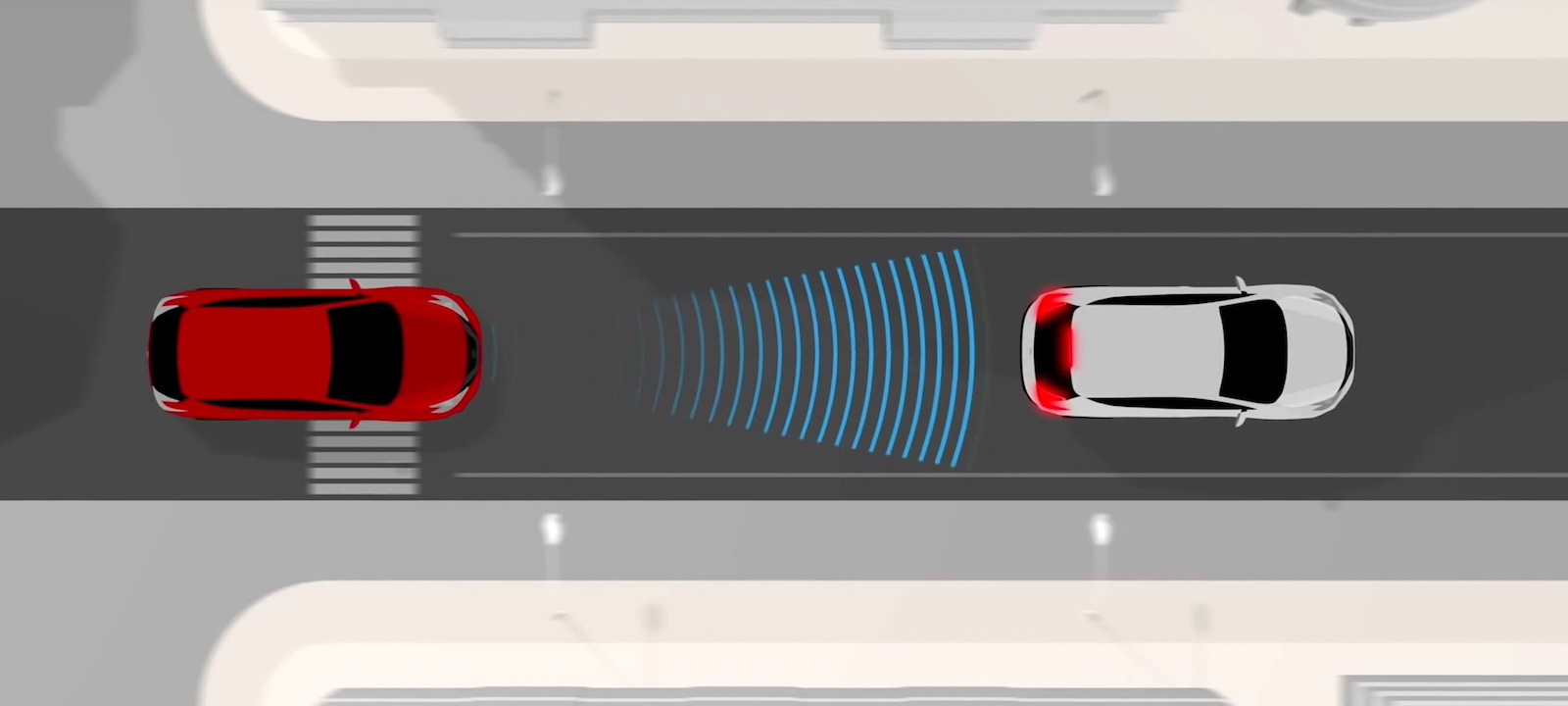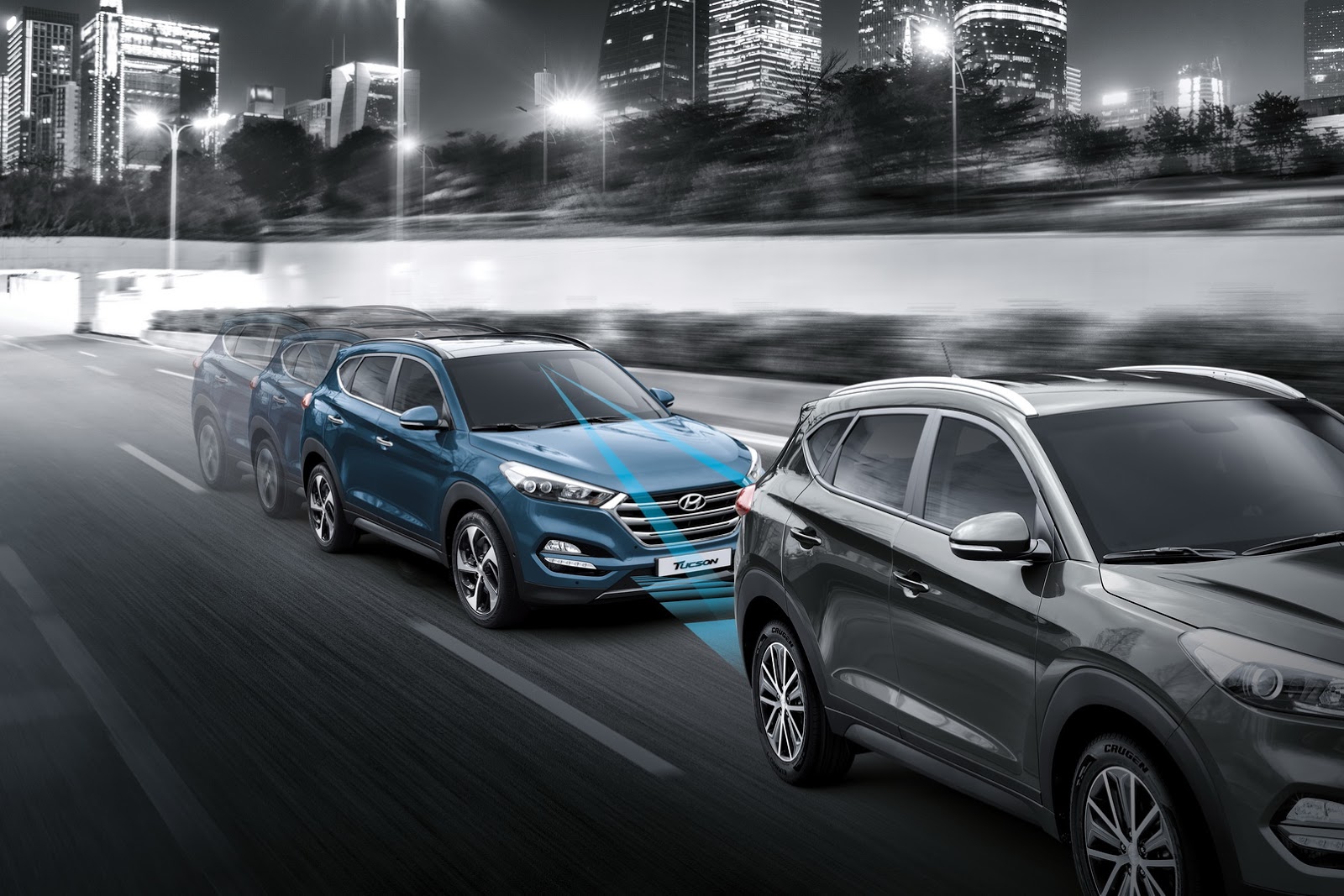Forty countries led by Japan and the EU want new cars and light commercial vehicles to be equipped with Advanced Emergency Braking systems (AEB), starting as soon as next year.
Even though the U.S., China and India are members of the U.N forum that adopted these new regulations, they did not take part in the negotiations in order to “ensure that their national regulations keep precedence over U.N. rules” with regards to the car industry, as reported by Boston.
Safety first
Fitting new cars with AEB systems will significantly improve road safety, especially in cities. In the European Union alone, there were over 9,500 fatalities recorded in 2016, accounting for 38% of all road deaths. Within urban areas, 50% of fatalities were drivers and 40% pedestrians.
So how much safer will our roads be when these new regulations are enforced? According to an EuroNCAP and Australasian NCAP study, AEB systems lead to a 38% reduction in real-world rear-end crashes at low speeds. Meanwhile, the European Commission estimates that these systems could save more than 1,000 lives every year within the European Union.
The new U.N. Regulation will impose “strict and internationally harmonized requirements” for the use of AEB systems at low speeds, specifically at 60 km/h (42 mph) or less. These requirements will only apply to cars sold in markets where the governing bodies have already signed the draft, which in turn means that current vehicle owners won’t be required to retrofit their cars in any way, although AEB is already available on some cars in certain countries.
What’s next?
The draft Regulation was approved by the Working Party on Automated/Autonomous and Connected Vehicles (GRVA) under UNECE’s World’ Forum for Harmonization of Vehicle Regulations. The next step will be submitting the draft to the World Forum for consideration and formal adoption this upcoming June.
Once adopted, the new Regulation would first go into effect in Japan in early 2020, with AEB systems then becoming mandatory for all new cars and light commercial vehicles beginning with the year 2022 (in the EU as well).
As for the U.S., the government already had an agreement in place with 20 automakers, stating that all new vehicles should have AEB systems onboard by September of 2022. However, compliance is not mandatory. Even so, four of the 20 car brands (Tesla, Mercedes, Toyota and Volvo) have since made such systems standard on more than half their models.
According to the Highway Loss Data Institute, 28% of 2019 U.S. models feature automatic emergency braking as standard, and 36% as an optional extra.







